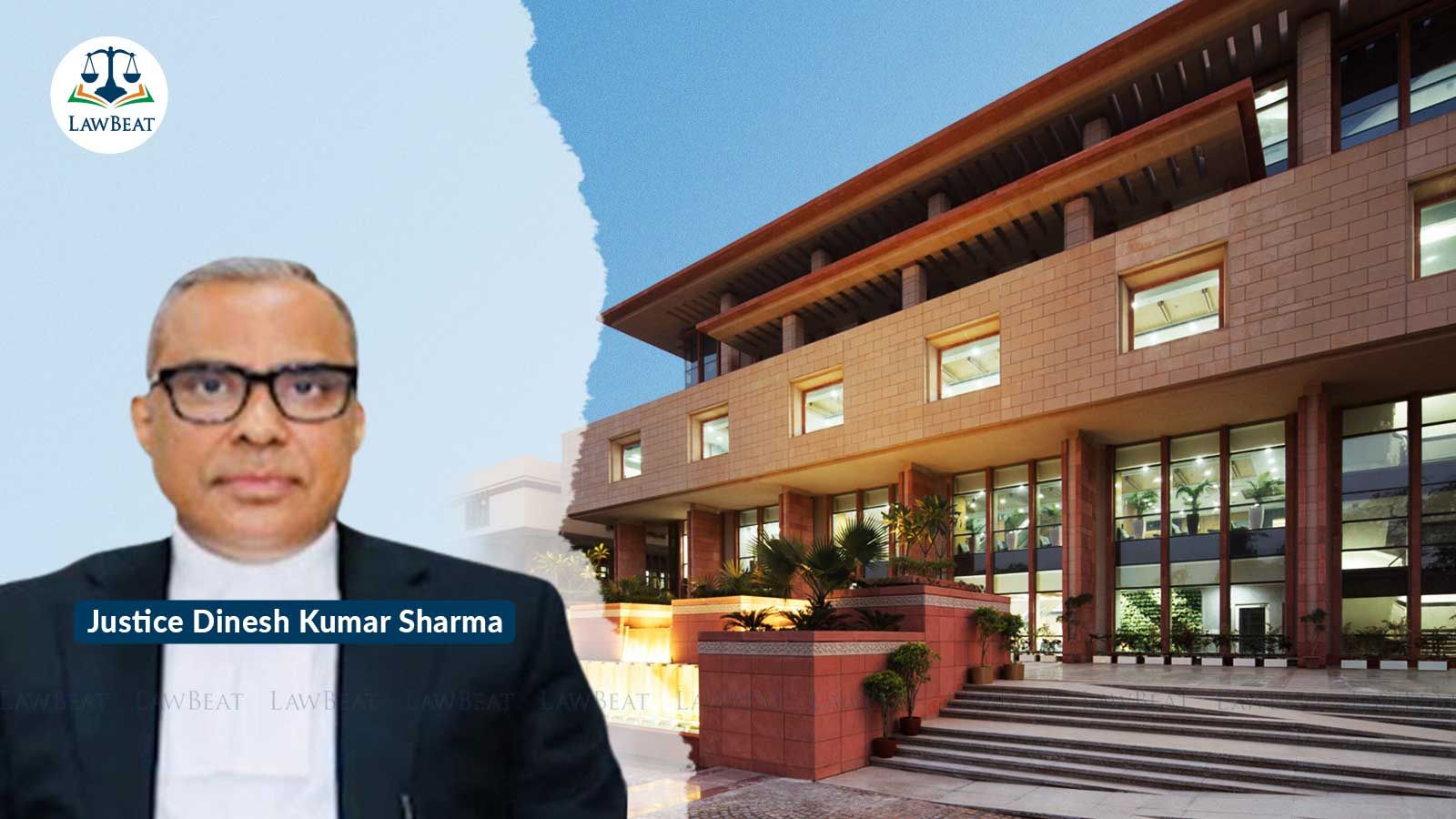Delhi High Court Dismisses Suspended Judicial Officer's Challenge to Charges in Haryana Civil Services Paper Leak Case

Balwinder Kumar Sharma, who served as the Registrar (Recruitment) at the Punjab and Haryana High Court during the incident, faced suspension soon after the allegations surfaced
The Delhi High Court recently rejected the petition filed by a suspended judicial officer, Dr. Balwinder Kumar Sharma, challenging charges framed against him in connection with the alleged leak of the question paper in the Haryana Civil Services (Judicial Branch) preliminary examination, 2017.
Justice Dinesh Kumar Sharma, while dismissing the petition, emphasized that the case involving the suspended judicial officer was "of a very sensitive nature," with evidence indicating his possession of the question paper immediately before the alleged leak.
Balwinder Kumar Sharma, who served as the Registrar (Recruitment) at the Punjab and Haryana High Court during the incident, faced suspension soon after the allegations surfaced.
The Delhi High Court, on December 14, noted that in cases involving digital or electronic evidence, the prosecution's case cannot be dismissed at the initial stage. The court, therefore, upheld the charges against Sharma.
“The case is of a very sensitive nature, and the evidence that is required to be led for the purpose of proving the case is either digital or documentary in nature,” remarked the court.
In 2017, Sharma was accused of leaking the question paper to certain candidates, leading to the cancellation of the examination. The Punjab and Haryana High Court assigned the investigation to a Special Investigation Team.
Sharma approached the Delhi High Court in 2022, challenging an order by an Additional Sessions Judge in Chandigarh from January 2020, which framed charges against him under various provisions of the Prevention of Corruption Act and the Indian Penal Code.
The Delhi High Court noted that the prosecution's case against Sharma involved his alleged constant communication with a co-accused, Sunita, supported by call details of their "alleged known and 'secret' phone numbers."
Sharma allegedly provided a copy of the paper to Sunita, who, in turn, offered it to another candidate, Sushila, initiating negotiations with candidate Suman for payment.
Suman eventually exposed the alleged paper leak by approaching the Punjab and Haryana High Court, leading to charges against Sharma.
Sharma argued before the High Court that the trial court had not provided reasons for concluding a prima facie case against him. He also contended that there was no evidence and that Sunita’s disclosure statement to the police should not be admissible against him.
The High Court, however, reasoned that at the charge stage, it is only required to assess whether a prima facie case exists and consider broad probabilities. Additionally, in cases of criminal conspiracy, direct evidence of the crime is rarely possible.
“The jurisdiction of the Court while entertaining the revision petition is also very limited; the Court can interfere in the challenged order only if there is any serious illegality, infirmity, or perversity in the order of the learned trial court,” the court added.
Finding no such illegality, the High Court dismissed Sharma's petition.
The court held that “the record also indicates that the petitioner was in possession of the question paper immediately before the alleged leakage. The case is of a very sensitive nature, and the evidence which is required to be led for the purpose of proving the case is either digital or documentary in nature.”
Advocates Alok Bhachawat, Jeeva Nandan, and Anmol Gupta represented the petitioner, Dr. Balwinder Kumar Sharma.
Additional Public Prosecutor (APP) Charanjeet Singh Bakhshi represented the Union Territory of Chandigarh.
Case Title: Dr. Balwinder Kumar Sharma v. State of UT Chandigarh
